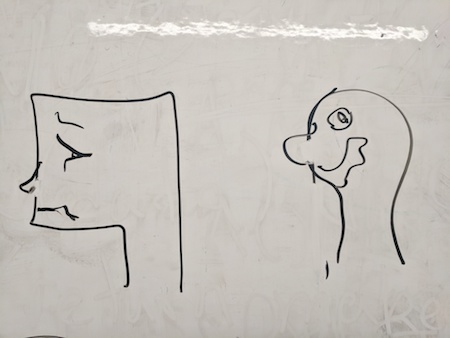In 1966 the computer in Star Trek responded to spoken commands from Captain Kirk and his crew. At this time this was considered wonderfully futuristic, and seemed like something we might see in the 23rd century.
Now of course we are living in a world where computers respond to speech. My little Google Pixel Phone — and the Cloud with which it communicates — is able to turn my speech to text, and in many cases is also able act upon the result.
So have we achieved the sine qua non of human to computer communication? Is this the interface to end all interfaces, this ability to simply tell computers what we would like them to do?
I don’t really know the answer. I am just throwing the question out there.
Maybe I should just ask Alexa.
